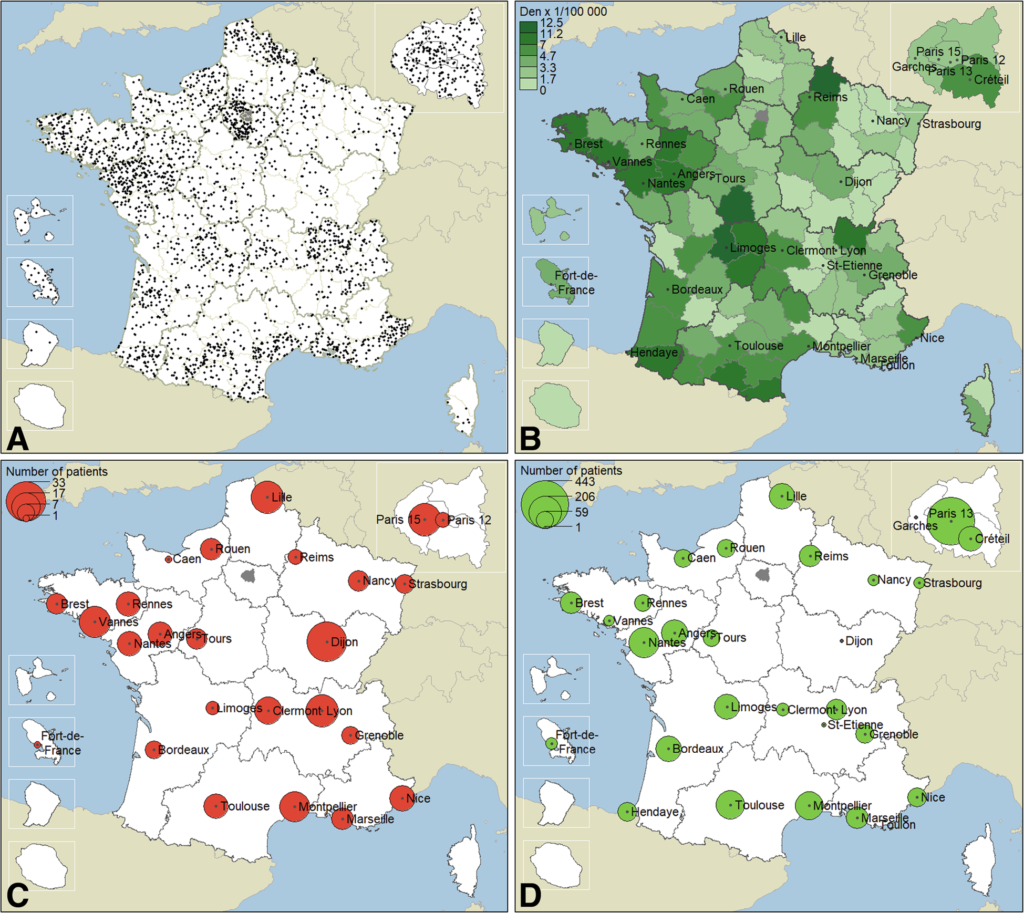The Muscular Dystrophy Association (MDA) has awarded Locana $550,000 through its MDA Venture Philanthropy (MVP) program to help advance the biotech company’s therapy platform for myotonic dystrophy (DM).
Specifically, the grant to the San Diego, California-based gene therapy company is aimed at furthering the development of its RNA-targeting technology.
“We’ve witnessed incredible innovation with the development of the first FDA-approved gene therapy for a neuromuscular disease,” Lynn O’Connor Vos, the MDA’s president and chief executive officer, said in a news release. She was speaking in reference to Zolgensma (AveXis and Novartis), approved May 24 by the U.S. Food and Drug Administration to treat spinal muscular atrophy.
“This gives us hope that novel approaches — such as Locana’s for designing highly specific RNA-targeting candidates — for treatment of myotonic dystrophy can address the significant unmet needs for patients who live with this genetic disease.”
The project’s chief investigator will be Ranjan Batra, Locana’s vice president of research and development.
“We appreciate the support of MDA to address this devastating disease,” said Jeffrey M. Ostrove, PhD, Locana chief executive officer. “DM is caused by expression of dysfunctional, repetitive RNA in diseased tissues, where application of Locana’s core RNA-targeting technology has been shown to have potential for single-dose benefit, and could provide a long-lasting approach for patients.”
Estimated to affect one in 8,000 individuals globally, myotonic dystrophy is the most common adult-onset form of muscular dystrophy (MD) and has two types, both caused by genetic mutations. DM1 results from an abnormal expansion in a region of the DMPK gene. DM2 is caused by an expansion in the CNBP gene.
Locana is using its gene-editing CRISPR/Cas9 technology to target disorders, including DM and Huntington’s disease, caused by abnormally repeated genetic sequences.
With this monetary support, the MDA is hoping to build upon work detailed in proof-of-concept studies published the journal Cell in 2017. Those efforts involved researchers, including founding officers of Locana, that used CRISPR to edit RNA originating from mutations responsible for myotonic dystrophy. Scientists were able to successfully edit the faulty RNA in muscle cells of those with DM and related diseases, as well as reverse hallmark features of disease.
Producing RNA-targeting molecules could lead to enduring effects, the company said. That means the therapy might need to be administered just once.
The strategy is distinct from DNA-targeted approaches, as well as from nucleic acid-based RNA targeting. Its overarching goal is to produce a portfolio of treatments that address the primary cause of genetic diseases caused by the actions of dysfunctional RNA.
“Mutations in our DNA can cause disease, and our RNA-targeting technology platform allows us to precisely address these mutations,” Locana states on its website. “By targeting RNA, our approach avoids the risk of off-target effects in DNA.”
MVP, the MDA’s drug development program, is solely focused on funding the discovery and clinical application of treatments and cures for neuromuscular diseases.







